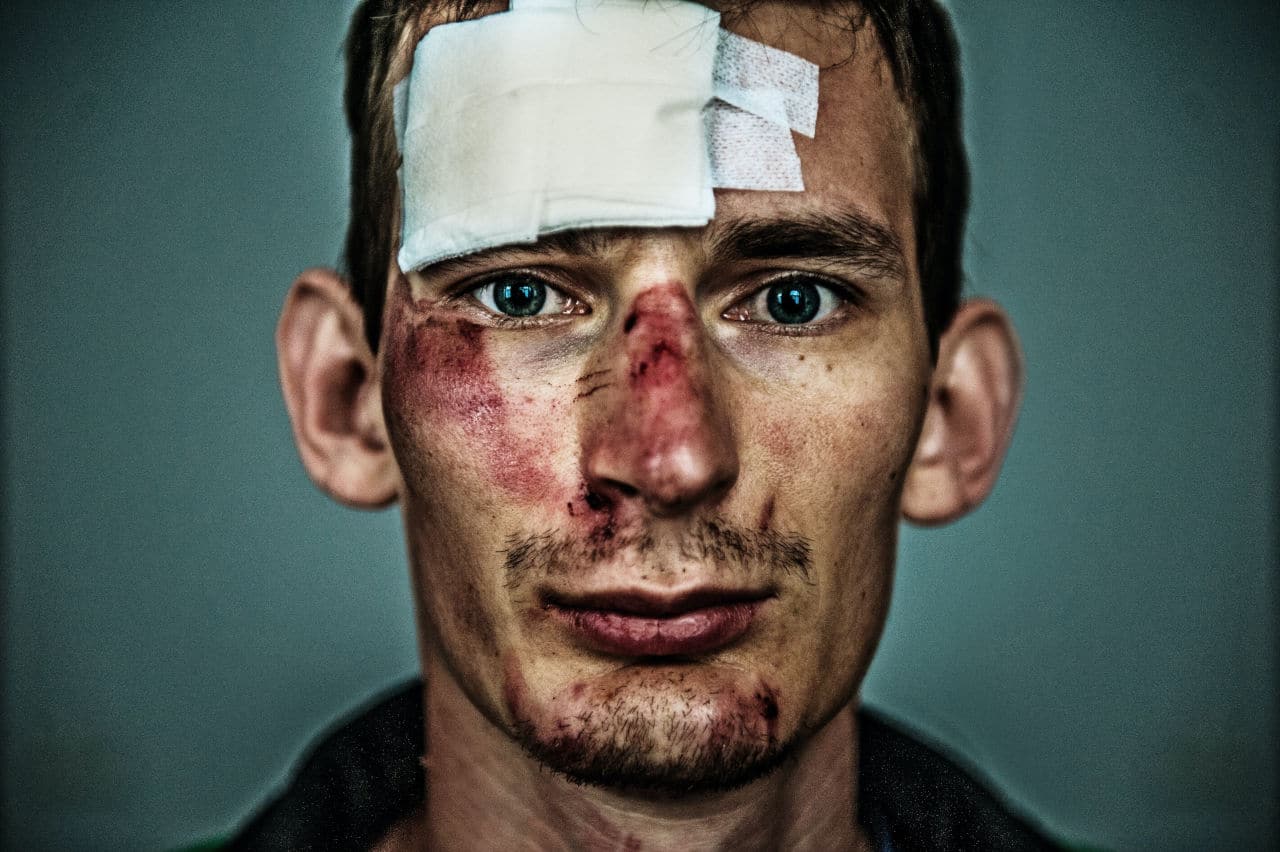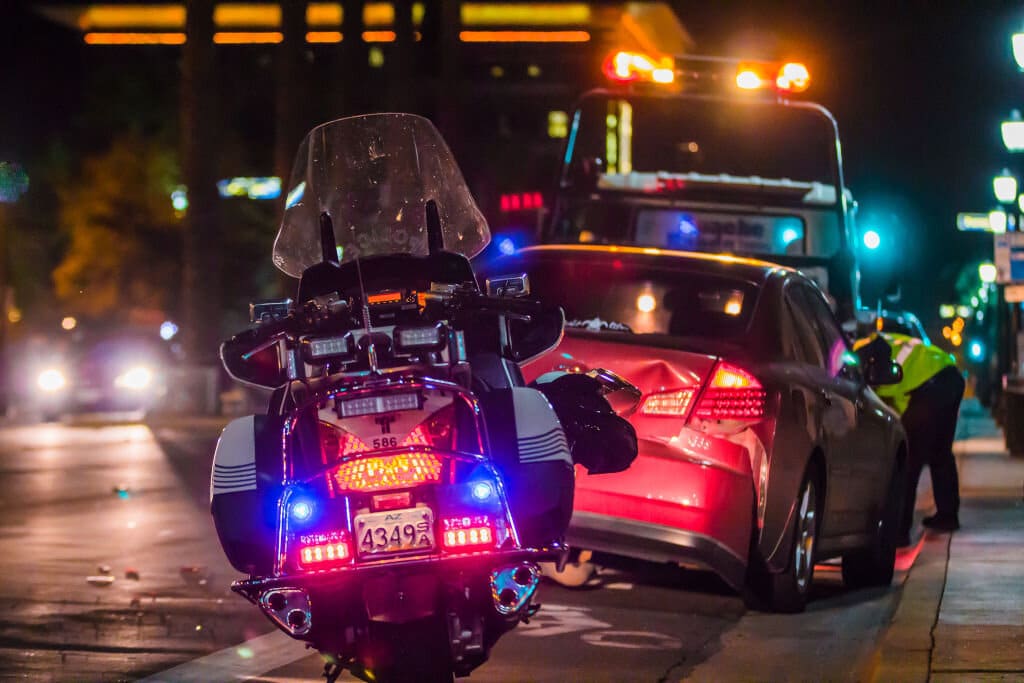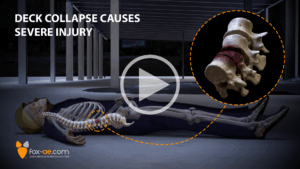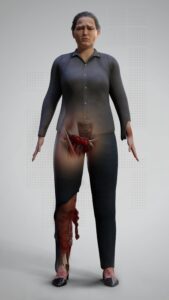There are various forms of injuries classified by law, one of which is personal injury. Personal injuries are any injury to a person’s body, emotions, or reputation, as opposed to an injury to their property rights. There is an injury caused by another person’s actions or negligent behavior.
These include car accidents, slips and falls, medical malpractice, battery, and assault. Usually, the causes of most personal injury claims are automobile accidents, workplace accidents, assault, product defect accidents, medical malpractice, nursing home abuse, and toxic torts.
As expected, personal injury cases come with physical injuries and, at other times, none at all. In these situations, there are specific actions that you must take to ensure that your legal rights are protected.
Here’s How To Protect Yourself From Being Taken Advantage Of
It is normal to be disoriented after an accident, especially when it’s happening to you—but it’s good to be better prepared should unforeseen events arise. This is because most misfortunes come with injuries, whether mild or severe.
If you’ve been physically hurt because of someone else’s carelessness, you should take steps to ensure that you receive fair compensation for your losses. This includes seeking legal advice as soon as possible after the accident.
Here are some of the things to count off your fingers if you’ve been in an incident causing physical harm from a personal injury:
Step 1
Get medical assistance
Even though one may think the first step to take is to jump into detective mode and find out what happened at the scene of the incident, that is not advisable. Personal injury incidents such as car accidents, work accidents, and other incidents sometimes inflict debilitating injuries on victims.
Statistics provide that between two and three million people are injured in motor vehicle crashes on U.S. roads every year.
Therefore, it is essential to take care of your health first. If there is no one around to assist and you’re bleeding, have a concussion, are feeling lightheaded, or worse, it would help to call 911.
Apart from the apparent gain of getting medical assistance, one can now get a proper diagnosis of the injury. One can ascertain the extent of the injury and a medical rundown of how bad it is and how it can be treated. This essentially strengthens your case.
Accordingly, be sure to get the x-rays, MRIs, scans, and other testing required to identify your injuries and rule out any unlikely diagnosis.
Sometimes, by delaying seeking medical attention after an incident, insurance companies can seize the opportunity. They may argue that your injuries are either fabricated or unfounded.
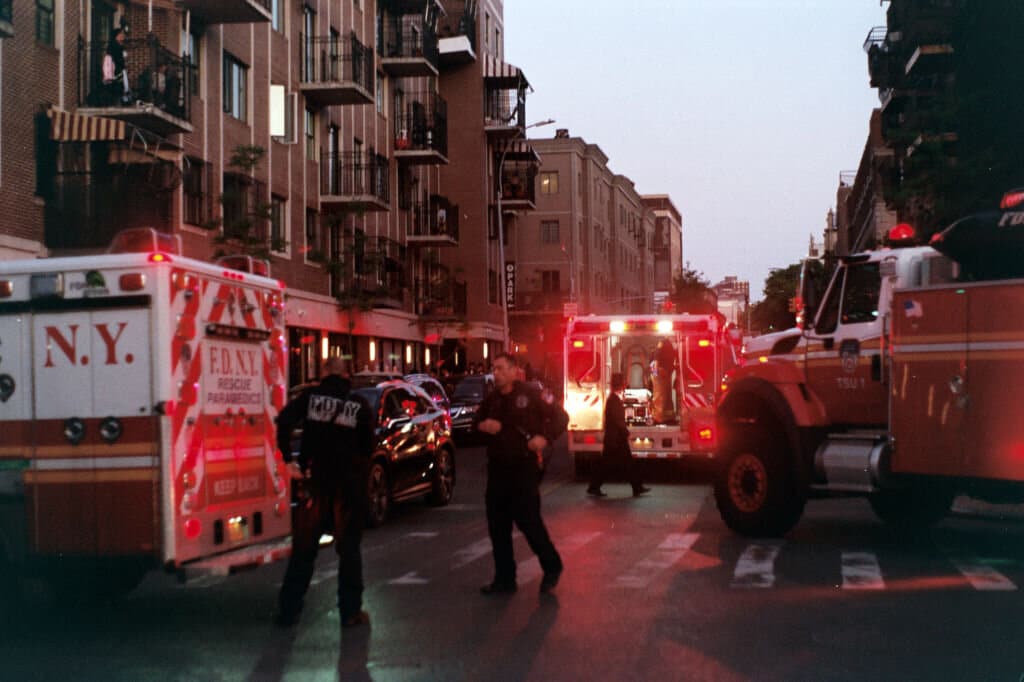
Step 2
Get the enforcement agency
When an accident occurs, it’s crucial to notify the authorities. This is essential for a number of reasons.
Prior to determining who is at fault for the incident, for instance, in a collision, law enforcement will conduct a preliminary investigation. They speak with all involved parties and any potential witnesses. They further examine the accident scene, examine the vehicles, and examine third parties.
The most substantial piece of evidence to show liability is a police record that identifies the responsible party. Without a police report, you run the risk of a “he said, she said” argument.
Even if the at-fault party initially admits blame and offers to resolve the situation amicably, their account can change in the future.
Step 3
Document all damage
Even though it is essential to trust the police, you can also do your due diligence by documenting the incident. Although, that is if you’re not physically hurt during the incident.
One of the best ways to document is by taking pictures or videos of the incident. Thus, you can capture the scene, visible injuries, and property damage.
Noting the accident’s timing and current weather and road conditions is also beneficial.
It’s also important to keep track of all expenses related to your injury. These might include medical bills, loss of income, and other costs associated with your recovery.
Keep receipts for any purchases made during your treatment. Auto repairs, and any other bills should also be kept. This will help the court determine the damages that will be awarded in your favor.
Step 4
Get contact info of helpers.
If there are people who came to help you out of the situation, those are your eyewitnesses. Their testimonies are vital to your case for personal injury.
Thus, if there were any witnesses to the accident, you should get their contact information if your injuries do not prevent you from speaking with them.
Third-party witnesses frequently leave the scene of an accident before law enforcement arrives. As a result, by the time law enforcement arrives on the scene, crucial witnesses may have already fled, leaving you to rely solely on your word against that of the other party involved in the case.
You can aid law enforcement in identifying the responsible party by getting witness information.
Additionally, police reports frequently do not mention witnesses in sufficient detail to get in touch with them later. A witness’s name alone, without a contact number or other identifying information, may be listed in a police report.
A witness may be tough to locate later if they have a common name, such as Adam Smith. Therefore, you will need the witness information if you need them to testify in court. If you are able to, make sure to gather witness data at the scene of the collision.
Step 5
Contact an experienced attorney
Getting an experienced attorney on your case is one of the wisest decisions to make after a personal injury incident. With an attorney, you’ll ensure the tracks don’t run cold while the at-fault party finds a million different ways to weasel out of the situation.
With an experienced attorney, you can rest assured that they will fight to ensure you receive the highest compensation for your injuries.
The attorney will be able to help you with the following things: resolving your property damage claim; ensuring that you receive medical care; maximizing your financial recovery for your injuries (through a lawsuit or negotiations with the insurance company), and negotiating and settling medical liens.
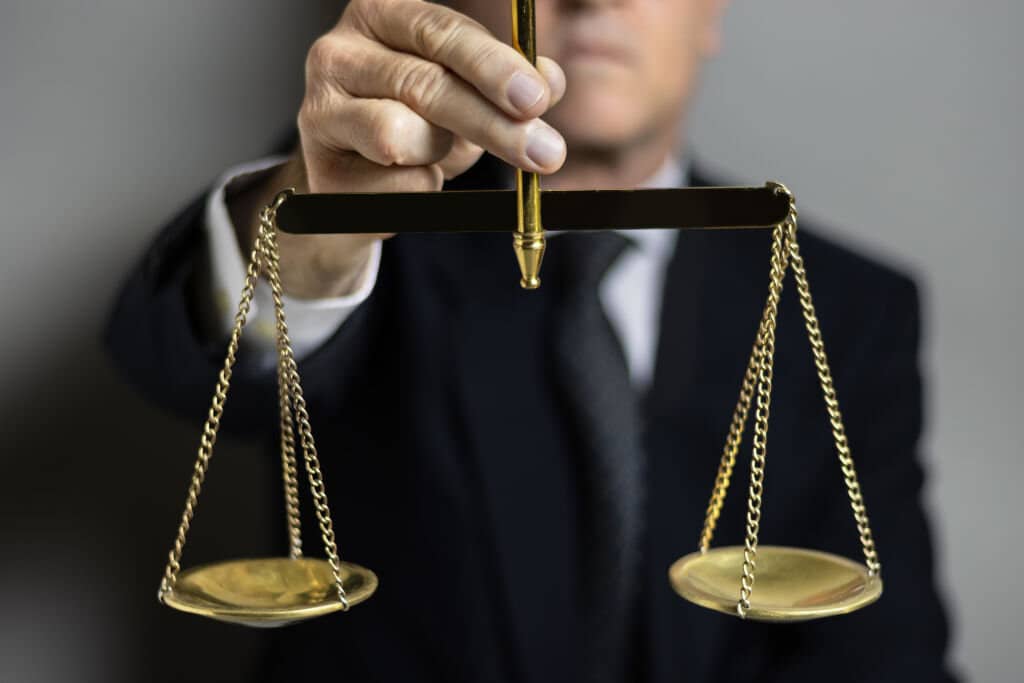
Conclusion
Many people are often ignorant of the steps to take after a personal injury incident. There is nothing wrong with that, but it could be better. If there is better preparation for navigating issues arising after a personal injury, securing a win and getting massive compensation is considerably more manageable.

